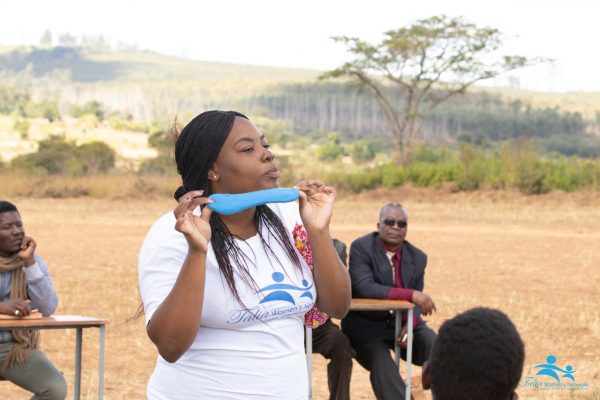Youth Rights:
Sexual and Reproductive Health
by Tatenda Rukarwa
Sexual and Reproductive Health and Rights (SRHR) are based on the right and the ability of all individuals to decide over their own bodies, and to live healthy and productive lives.
Addressing SRHR is the key element in ensuring sustainable development in Menstrual Hygiene Management. Menstrual Hygiene Management (MHM) is part of the overall efforts within SRHR and has an impact on development as it has implications on the life of girls and women related to health, education, work mobility and security.
The lack of proper sanitation facilities and affordable hygiene materials for the use by adolescent girls and women at home, at school and at workplaces, affects their health, their potential to access education, employment, overall safety and quality of life. Many girls and women in low- and middle- income countries face various barriers in managing menstruation. Special attention must be given to women and girls in vulnerable situations, and especially to women and girls who have been displaced or affected by emergencies.
A multi-sectoral approach in programming on MHM in the developing and promotion of positive attitudes towards MHM is critical if transformative change is to be realised.
About the author: I am Tatenda Rukarwa, I studied for a BSc Hon in Sociology and Gender Development Studies at Women’s University in Africa and counselor by profession. I am passionate about young people and women empowerment issues.
Related Reading
It’s Time For Action: Menstrual Hygiene Day

1 thought on “Youth Rights: Sexual and Reproductive Health by Tatenda Rukarwa”